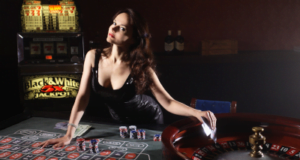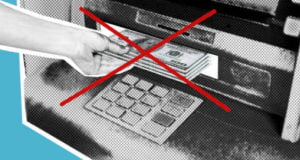Is forex gambling? Gamblers, forex traders, and observers have all wondered or asked this question at one point in time. Some gamblers even verbally express their opinion that forex is indeed gambling. Many forex traders despise this. Gambling is still perceived as an irresponsible activity by society at large. The society views forex trading as more respectable. Yet, this doesn’t stop the neutral person from perceiving forex as gambling. Many refer to forex as a sophisticated form of gambling. Thus, many forex traders loathe any comparison between gambling and forex trading all the more.
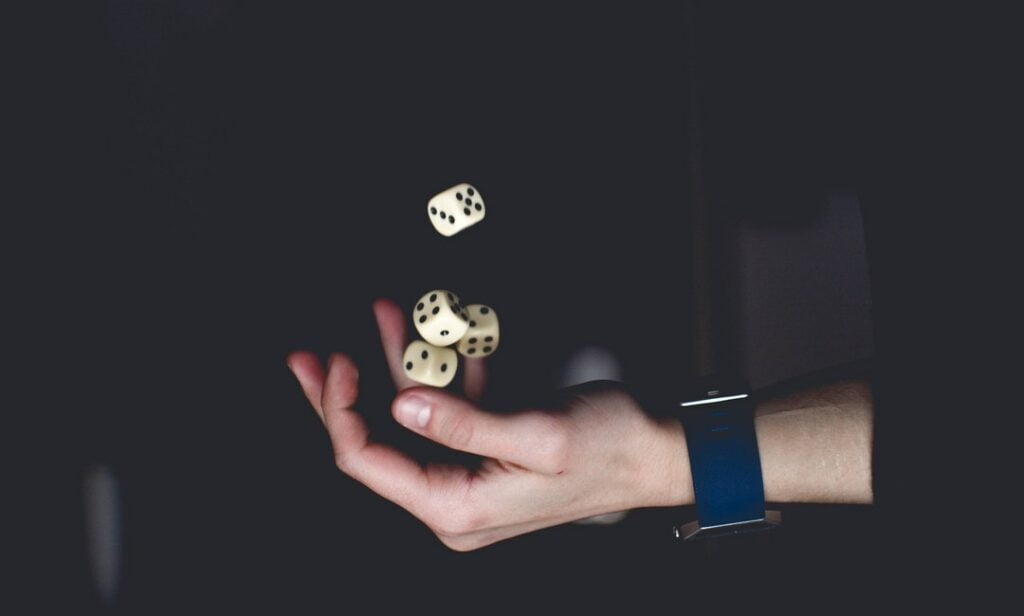
Is forex just gambling? What are the similarities?
However, forex traders’ sentiments aside, there are quite a few similarities that connect these two. To establish these similarities, you will need to have an understanding of how gambling and forex work independently. This will help you answer the question of whether forex is gambling.
Luck
Usually, gambling is defined expressly as a game of chance. Casino games are designed to favour the house and bookmarkers know just how to make the games work in their favour. Gamblers depend on luck to an extent. Some even go as far as attaching it to a physical item. When you hear of a lucky charm in gambling, that is what they mean. Luck in gambling is no superstition and it does show up in games when it is least expected.
A perfect example of luck playing out is in the case of Frederick Smith, founder of FedEx. His company was down to 5000 dollars and was on the verge of ruin. So, with hope in luck, he took the company’s 5000 dollars and gambled it all in a Las Vegas casino. Indeed, luck was on his side as he got 27,000 dollars winning from that gamble.
Forex traders may not be willing to establish that luck plays a role in forex trading. However, some forex traders have admitted that luck does have its place in trading. The forex market can take a sudden unexpected shift that may work out in the trader’s favour. A practical example is one of the most popular traders, George Soros. George cashed in on the market shortly before the Black Wednesday in September 1992 that saw the pound sterling collapse. Some observers say he might have foreseen it but the majority agree that whatever it was, he was quite lucky.
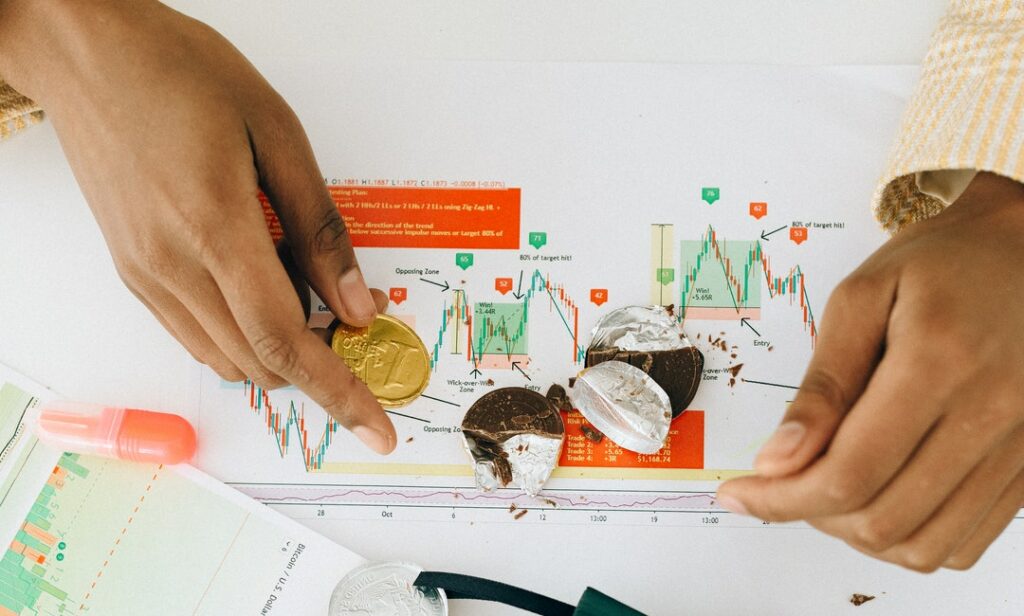
Risk
Gambling is a risky venture. The higher you want to earn, the more risk you have to take. Gamblers who bet with thousands or even millions of dollars do so hoping to get higher rewards. The lower your risk, the lower your reward. The higher you risk the higher your reward. It’s just that simple.
In the same vein, forex trading involves taking risks. Forex is about trading one high-denomination currency against another high-denomination currency in pairs. On trading sites, you’d see something like “USD/GBP” that is pitting the US dollar against the British pounds. This, in the hopes that the US dollar will rise against the British pounds so you can make profit. How is this a risky venture, you may wonder? It is risky because the market can be unpredictable and the dollar may crash. If this happens, you have risked your money for nothing. On the other hand, if the dollar rises, then your risk was worth the take.
In forex trading, the risk is broken down into eight different types:
Exchange rate risk
Transactional risk
Credit risk
Interest rate risk
Country risk
Marginal or leverage risk
Liquidity risk
Risk of ruin
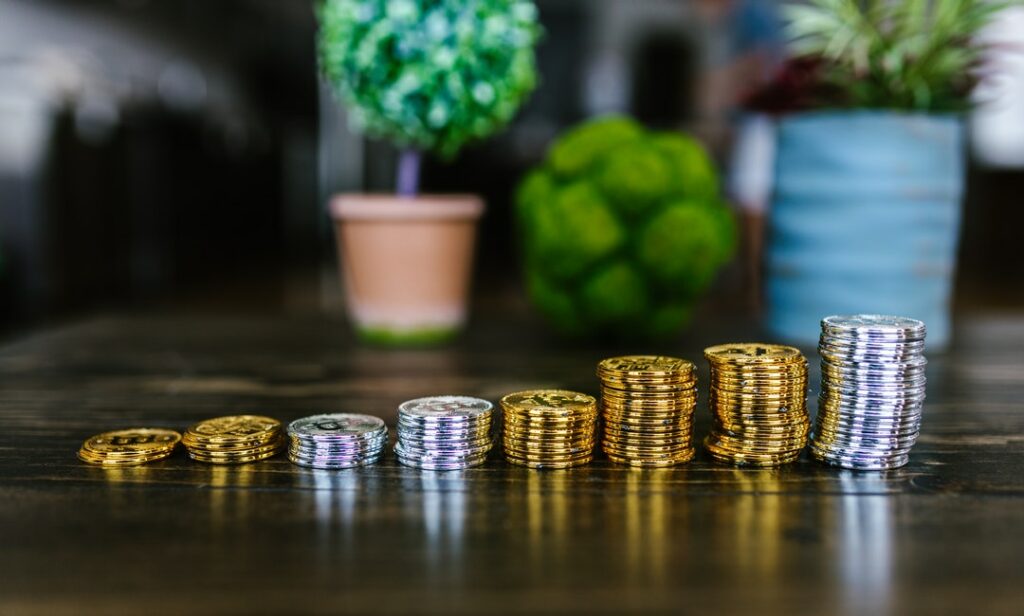
Prediction
Usually, winning in gambling depends on the gambler’s ability to correctly predict the outcome of a game. Take sports betting for example. If you’re able to correctly guess how many goals will be won or if the game will end in a draw, then you’re in luck! This means at the end of the day, you may walk home a bit richer than you were at the beginning.
In forex, your ability to predict the market outcome doesn’t just depend on ordinary guessing. Traders observe and study patterns, market data among others to help them predict what currency is rising.
Strategy
Indeed, gambling is a game of chance. However, what is not often told is that there are certain strategies required to play. The odds are not usually in the gambler’s favour but the house or the bookmaker’s. Your success as a gambler depends on what knowledge and skills you possess.
Similarly, forex traders depend on strategies to trade. Like gambling, the odds are against the trader. Traders must be able to analyze the market trends and come up with strategies to cash in at the right time.
Profit
The purpose of gambling is to make more money from what you place on the betting table. That’s why gambling ads use terms like “hit the jackpot” “make it big” and others frequently. This entices people to bet in hopes of making a profit.
Forex trading is not a charity case either; it is about making a profit. The trader trades with the mindset of coming out richer than they came in.
The rules
Some rules in gambling and forex are pretty much the same. Those who want to take gambling up as a profession, they’re advised to do several things. The first is to research which casino game that may work for them. Next, they should start with free versions of these games to be able to familiarise themselves with the games. When they go live, they should start by betting with small amounts to minimize losses. Also, this will help them study the game and develop strategies as they play. In addition to this, they can seek mentorship from experienced gamblers.
In forex, newbie traders are encouraged to research what forex signal is suitable for them. They should test the waters with demo accounts. When they go live, they should stick with a small account to reduce losses. Also, they should seek the mentorship of more experienced traders.
Emotions
Indeed, gamblers are known for their emotional attitude towards gambling which can result in problem gambling. Since gamblers want to make money, they may likely ignore all rational thoughts. Logic means stop and leave when you start to lose. Unfortunately, many gamblers continue playing in the hope that they may win. It usually never ends in their favour. Also, logic could mean stop and leave when your winning streak is on a roll. Again, emotions may take the cake with the gambler convincing themselves that the next win will be bigger. In most cases, they end up losing all of their wins.
Traders too could fall into the trap of allowing their emotions to lead them. The trading market could turn hostile. In the event of this, a trader with no control over their emotions may find themselves losing grasp of the situation. This may lead them into making bad decisions that will result in losses.
These are the similarities between forex and gambling. Now, it’s time to look at the differences:
Legitimacy
Gambling is still perceived as an irresponsible activity. Many see it as an immoral act done by immoral people. Also, there are different legal restrictions to it in many countries all over the world. Some countries even ban casinos and other gambling houses, punishing those who fail to comply.
Forex, on the other hand, enjoys legal backing. It is perceived as one of the most important financial markets in the world. Also, banks engage in forex trading thus boosting its legitimacy.
Earnings
Indeed, the purpose of both gambling and forex is to make profit. It is also true that in both, the odds are against the individuals. Yet, the forex market is far profitable than gambling, and traders are better assured of making profits. About 1 to 4 trillion dollars or more are traded daily on the forex market. This means more traders profit than lose. With gambling, it is a whole different ball game. Although there are no statistics on how much casinos make daily, one can assume that whatever profits there are go more into the casinos’ accounts. That’s not a shocker because gamblers lose more money than they win.
Conclusion
Is forex just gambling? There is no straightforward answer to this. Both have striking similarities yet are unique. Whichever one you do, just try to attain some level of success.

